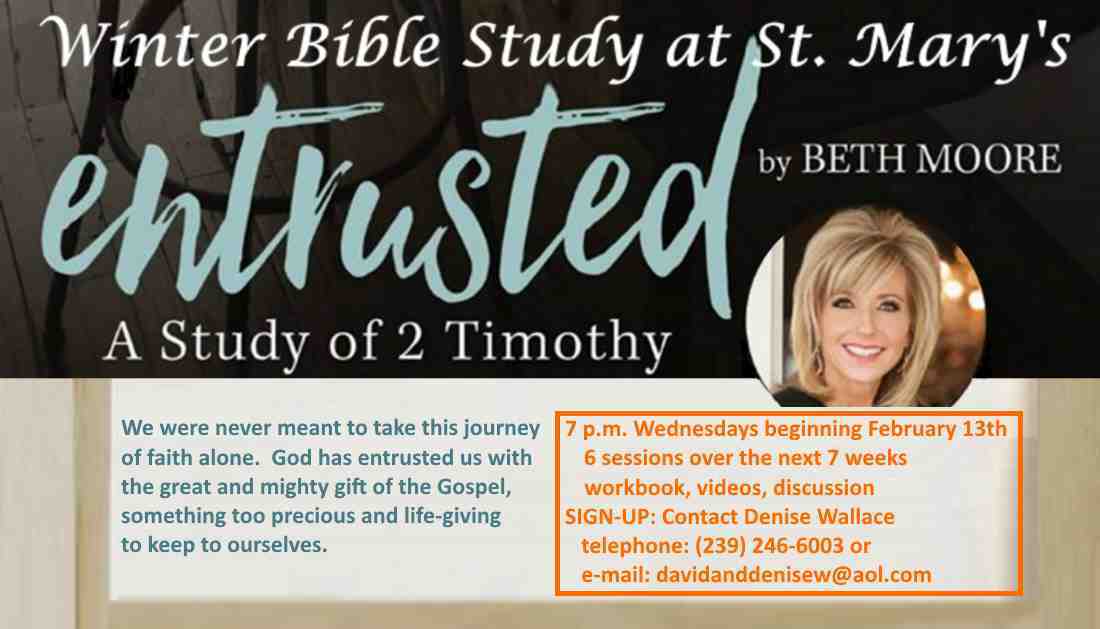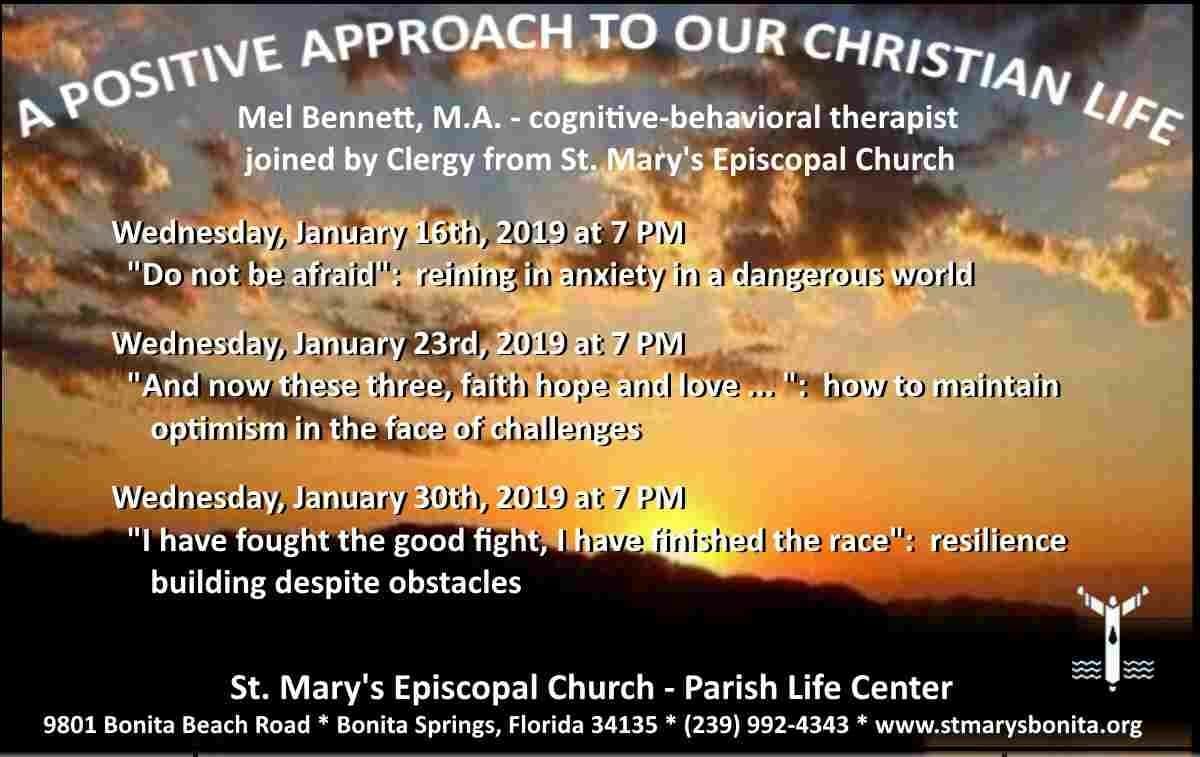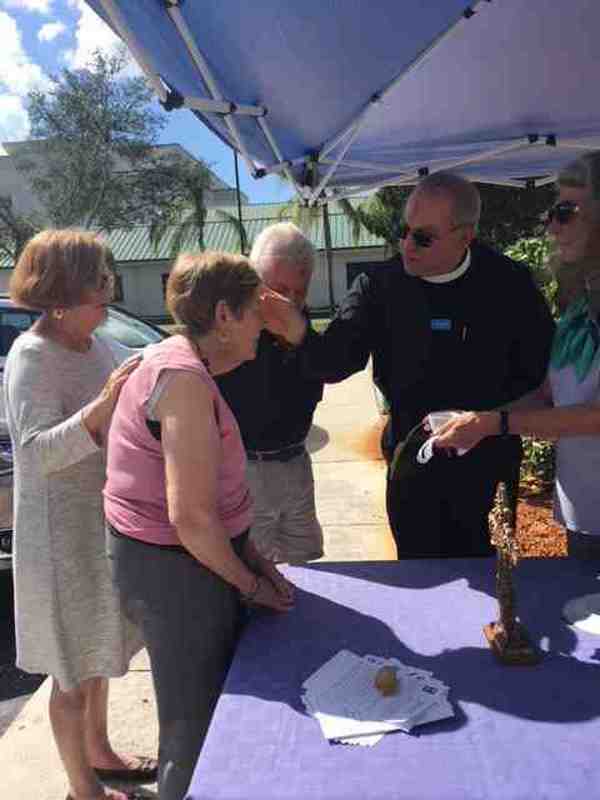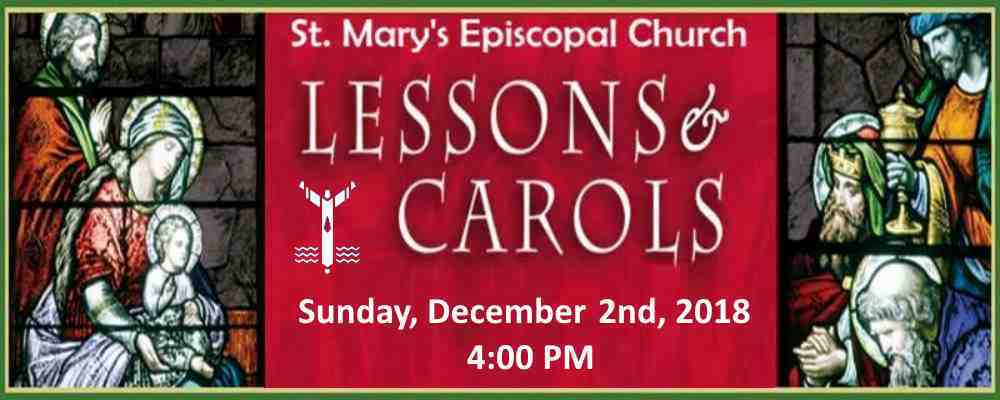The spurious use of the word Evangelical by political factions and the media has, over the past several decades, resulted in the distortion and perhaps loss of a vital dimension of our Anglican/Episcopal spiritual heritage. No less a person in the Anglican Communion than the Archbishop of Canterbury, Justin Welby, is a self-proclaimed evangelical; and he represents a tradition that extends over several hundred years. If you visit the extremely helpful on-line resource of the Episcopal Glossary, you will find the following about the word evangelical: “Episcopal evangelicals reflected American evangelism in many ways, including a characteristic emphasis on…the authority of the Bible as centered in the revelation of God in Christ, the importance of justification by faith, the preaching of the Word and the study of the gospel, the centrality of the cross for salvation, the importance of the believer’s direct relationship with God…” These are, essentially, foundational tenets of our faith; and, it is safe to say, representative of the spirituality of the vast majority of those who call St. Mary’s their parish. However, on the other hand, when asked “are you an evangelical” it is quite likely most St. Mary’s parishioners would say “no”. How did this disconnect occur and is it repairable?
To see how this disconnect came about, it is important to see the relationship between Evangelical and Evangelism. Evangelism, of course, begins with the Holy Scripture and Christ’s Great Commission: “Go therefore and make disciples of all nations, baptizing them in the name of the Father, the Son and the Holy Spirit…” (Matthew 28:19). And it could be said that the risen Christ was the first evangelist given his witnessing to himself on the Road to Emmaus when he explained the scriptures to the two disciples and broke bread with them. Additionally, in St. Paul’s Letter to the Ephesians (4:11) he writes: “The gifts (of the Holy Spirit) he gave were that some would be apostles, some prophets, some evangelists…for building up the body of Christ (the Church).” It is therefore fair to say that right now, at St. Mary’s parish, there are those who have the gift of evangelism. And to the point of this Insight they are the proud progeny of the so-called Great Awakening of the 18th century. Evangelical was the name given to the movement birthed by the Great Awakening in the 18th century with its emphasis on evangelism. Its momentum carried over into the 19th century turning the Episcopal Church into a power broker in the life of the country, with it’s clerical and lay leadership and parishes setting about establishing and building institutions such as colleges and hospitals, shaping the culture, and missionary activity. As a result it became the most influential church, though not the largest, among the Protestant denominations during this time in our country’s history. So while not all are called to be evangelists, many are evangelical in their spirituality, theological understanding, and in the praxis (practice) of their faith, even though they may not share the political orientation that popular media associates with the word today.
Why is this important to know? Obviously, this is a huge subject, with connotations worthy of further exploration. The 20th century, with two world wars and a historic depression, altered the course and influence of a lot of institutions, the Episcopal Church among them. The evangelical movement, in the 1970’s, essentially found a new a tenant, with a different and decidedly politically active agenda, which essentially skewed the word evangelical into a different perception, at least among the public at large. Unfortunately, politics aside, the scriptural, theological, and spiritual dimensions of evangelical became, for many, devalued in the process to the point of misunderstanding if not rejection. This is particularly relevant to us during our rector search. A misplaced negative bias toward the term evangelical could adversely influence a viable candidate who identifies as an evangelical in the historic Anglican/Episcopal sense. Conversely it is important for us to know the heritage and lexicon of our faith, and emulate the disciples who’s “hearts burned with fire” when Christ evangelized them on the road to Emmaus.







Another great one. I am glad the web guys finally fixed the ‘link’ for ‘read more’ so we can read the entire document. Now I am waiting for them to post the one on Veteran’s day. Even though I am now receiving the bulletin, it is easier to read on the web page. Thanks!